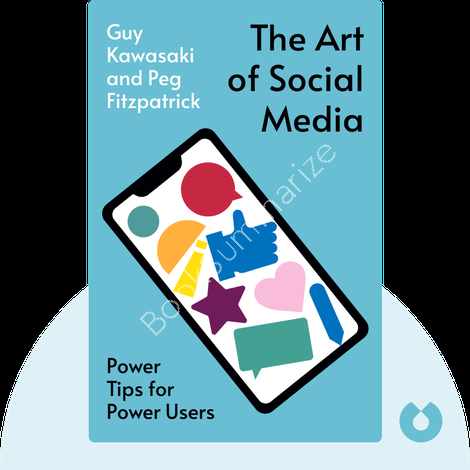
Drama Freesummary
A Guide to Managing Unhealthy Family Relationships
4.4 (96)
17 mins
Brief summary
In "Drama Free," Nedra Glover Tawwab explores the foundations of healthy relationships and personal boundaries. Through insightful examples and practical advice, she addresses the emotional drama that often disrupts our lives, guiding readers to recognize harmful patterns and communicate effectively. Tawwab empowers readers to reclaim their peace by prioritizing their needs and fostering positive connections. This book is essential for anyone seeking to ease interpersonal tensions and cultivate healthier dynamics. Ultimately, it reinforces that setting boundaries is vital for a fulfilling life.
Drama Free
Summary of 7 key ideas
Understanding Drama in Relationships
Understanding Drama in Relationships involves recognizing the emotional turbulence and misunderstandings that often occur in interpersonal interactions. Nedra Glover Tawwab introduces the concept of 'drama' as those recurring chaotic scenarios that arise from ineffective communication and mismanaged expectations. She emphasizes how, too often, individuals find themselves ensnared in cycles of unhealthy relational dynamics—bickering, misunderstandings, and blame-shifting—that drain emotional energy. Tawwab uses relatable examples to illustrate how drama can manifest in various relationships, whether with friends, family, or colleagues. For instance, she might recount a situation where one party feels neglected and responds with passive-aggressive remarks, escalating tensions rather than fostering clarity and resolution. By highlighting these patterns, she equips readers to recognize similar scenarios in their own lives, encouraging proactive reflection before reactions become emotionally charged. The acknowledgment of personal roles in these dynamics is crucial in diminishing their occurrence and fostering healthier communication pathways.
Key ideas in Emotions Revealed



What is Drama Free about?
Drama Free by Nedra Glover Tawwab empowers readers to cultivate healthier relationships and emotional resilience. This insightful guide delves into the complexities of interpersonal dynamics, offering practical strategies to minimize drama and enhance communication. Tawwab's expertise as a licensed therapist shines through, providing tools for self-reflection and boundary-setting. Engage with this transformative read to discover how to foster peace and clarity in your life, paving the way for personal growth and fulfilling connections. Step into a drama-free existence today!
Who should read Drama Free?
- Individuals seeking to establish healthier boundaries in their relationships
- Anyone feeling overwhelmed by emotional drama in their personal life
- Those interested in improving their communication skills and reducing conflict
- Readers ready to explore self-reflection for personal growth and peace
Categories with Drama Free
Community also liked these summaries
It's highly addictive to get core insights on personally relevant topics without repetition or triviality. Added to that, the app's ability to suggest kindred interests opens up a foundation of knowledge.
BookSummarize has completely transformed the way I consume knowledge. Their audio quality is top-notch, and their content is curated with a focus on depth and relevance. Highly recommended!
The mission of BookSummarize to make the world full of knowledge is truly inspiring. Their platform is seamless and packed with insightful books and summaries. I’ve learned so much in such a short time.
BookSummarize is a game-changer for anyone who values personal and professional growth. The audio quality is crystal clear, and their content is engaging and informative. A must-have for lifelong learners.
The idea of spreading knowledge through BookSummarize is phenomenal. Their platform is user-friendly, and their book recommendations are spot on. Their commitment to quality is evident in every aspect.

















































































































































































































































































































































































































































































































































































































































































































































































































































































































































































































































































































